Catholic Communications, Sydney Archdiocese
Father Jim Carty, co-ordinator of the Marist Asylum Seeker Refugee Centre has hit out at Government plans to deport failed Afghan asylum seekers back to their homeland and says any claims that these people will be protected and safe is an “absurdity.”
He also warns that in fear for their lives if forced to return to Afghanistan, many Afghans currently held in Australia’s detention centres may resort of self-harm or even suicide.
In addition, despite Government claims to the contrary, Fr Carty, a long time regular visitor to those held in detention, including those on Christmas Island, does not believe the new policy of involuntary deportation will deter other Afghans from seeking out people smugglers and risking their lives in unseaworthy craft in a bid to find safety for themselves and their families.
“When people are desperate they don’t stop to find out what government policy’s might be,” he says and points to the recent loss of 21 lives after a boat filled with asylum seekers capsized off the coasts of Turkey and Greece. “Australia isn’t the only country where people make dangerous voyages in their bid to find asylum, and the Gillard Government’s latest policy will do nothing to change that.”
Announced yesterday by the Immigration Minister, Chris Bowen, the Government’s new policy is a result of a memorandum of understanding between Australia, the Afghan Refugee Minister, Jamaher Anwary and the United Nations High Commissioner for Refugees in Sydney, and enables the Australian Government to forcibly return any Afghan asylum seeker once their bids for asylum have failed.
Minister Bowen hailed the agreement with the Afghanistan’s Karzai Government as historic, taking pride that Australia could now invoke the forcible return of asylum seekers from Australia to Afghanistan – something, he insisted, that had not been possible during “all the Howard Years.”
Greeted with alarm by security experts at Australia’s universities and refugee organisations, the policy is described by Fr Carty as little more than a “political quick fix and populist response” to the Opposition’s “Stop the Boats” mantra.
“The Government, clearly in dire straits due to the large numbers of asylum seekers now being held in detention centres across Australia and on Christmas Island, have come up with a policy designed to trump the Opposition with little concern about what may happen to these people once they have been forcibly returned to Afghanistan,” he says.
Currently more than nearly Afghans are being held in Australia’s detention centres, the majority of whom are Hazaras, the Persian-speaking ethnic minority of Afghanistan. Persecuted for centuries by the nation’s dominant Pushtun tribes, Hazaras now face torture and slaughter from the Taliban not only in Afghanistan but also in neighbouring Pakistan where more than 100,000 Afghan Hazara refugees live in fear as they fight for space in squalid crowded refugee camps in Quetta.
“There is no way the safety of Hazaras men, women and children can be guaranteed if they are returned to Afghanistan,” Fr Carty insists. “In many cases their villages have been destroyed and they would have no support from extended family or friends. Instead, they would be forced to remain in Kabul where their lives would be in danger and where, in all likelihood they would be forced to live in terrible conditions in one of the refugee camps that surround the city’s perimeter.”
Fr Carty along with other refugee organisations such as the Refugee Council of Australia, also expressed his concern at the experience, expertise and impartiality of Australian officials who will make assessments on who is and who isn’t a genuine refugee.
“When an Australian government takes a public and particularly strong policy line, as they have done here, this arbitrary decision can influence the selection process down the line,” he says, citing instances where this has happened in the past, particularly during the era of the White Australia policy.
Assessments were resumed 1 October but early indications seem to suggest a higher number of Afghan boat people are now rejected.
In 1999, 97% of all asylum seekers from Afghanistan were found to be genuine refugees. These high rates continued pretty much unchanged until March 2010 when the Rudd Government instituted a six month delay in processing of all Afghan asylum seekers.
Those making assessments aware of the government’s deportation policy will now regard cases that come before them with a certain mind set, Fr Carty believes. “Interviews with asylum seekers are already fraught and translators are generally poor. And now you will have interviews with a certain mind set, and if they believe asylum seekers are being returned to safety and will be protected, they are likely to be far less investigative. That is simply human nature,” he says.
For many it is also difficult to understand how people can be returned to a country at war. Although the Australian Government continues upbeat assessments of the war in Afghanistan, Fr Carty disputes this and quotes the old adage that truth is the first casualty of war. The rhetoric coming out of Afghanistan is very like the rhetoric that came out of Vietnam, he says, with Australia following the US lead and keeping up the facade that the war, now in its ninth year is winnable.
“Our leaders say everything is going well and talk about how we are bringing democracy and social change to Afghanistan. But the reality does not seem to support this, particularly with America’s own generals admitting that things aren’t going too well,” he says.
This is just one of the reasons he and other refugee advocates and security experts put little store in the Afghan Refugee Minister’s assurances to Minister Bowen that any Afghans returned home will be safe and will be given protection.
This is particularly true for Hazaras. Afghanistan’s government likes to insist persecution of the Hazara ethnic minority has ceased and that it is now a “golden age for Hazaras.” But the same month they made this claim in June last year, 21 Hazaras were decapitated in the country’s Oruzgan province.
In the past nine years there have been numerous incidents of Hazara persecution in Afghanistan, with one of the most shocking of all uncovered by the United Nations in April 2002 when three mass graves were found containing the bodies of literally hundreds of Hazaras slaughtered by the Taliban.

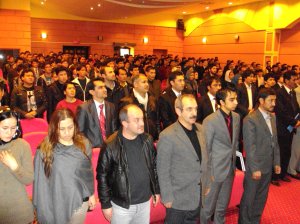
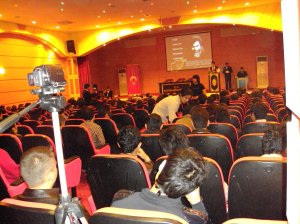
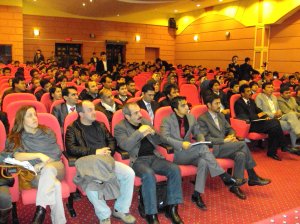

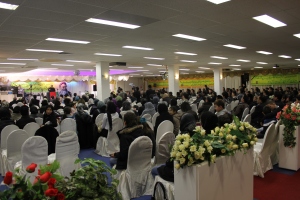

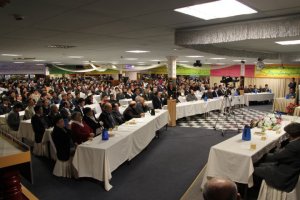
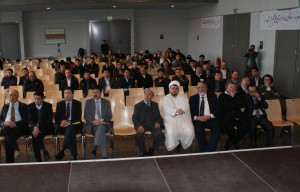
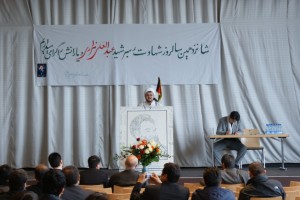



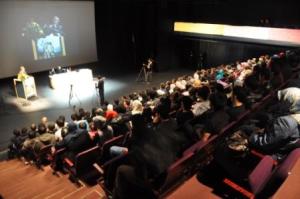

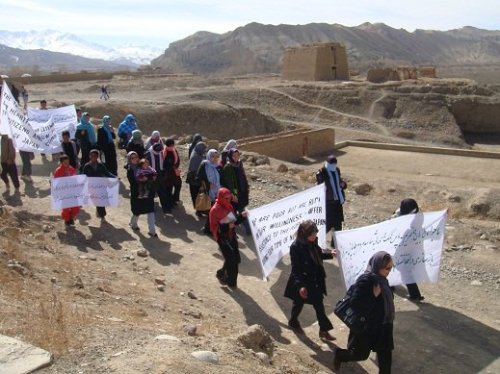

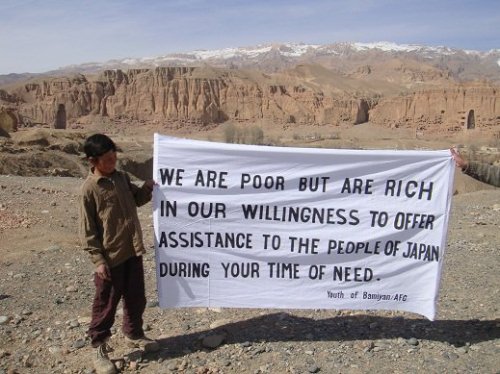
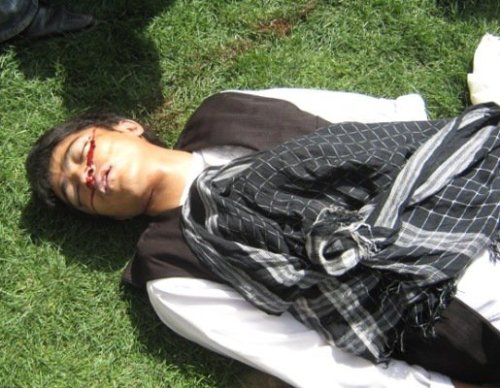




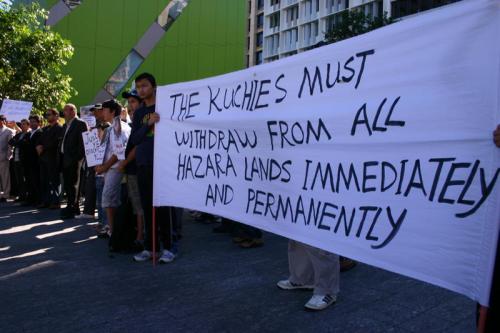




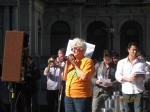
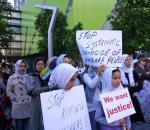
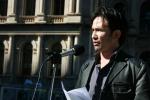
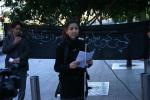


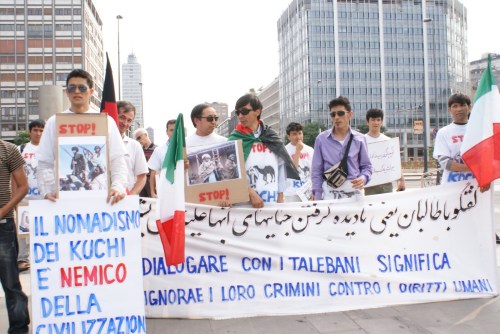
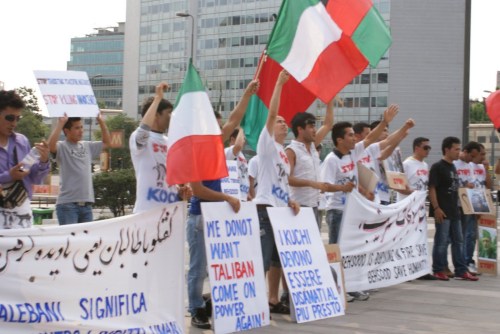

Recent Comments